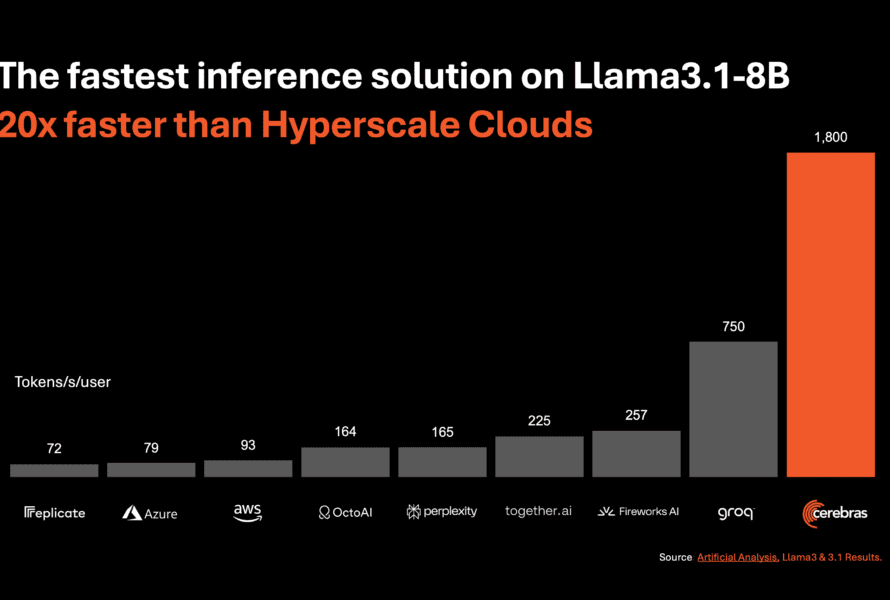5 MIT college members and two extra alumni had been lately named to the 2024 cohort of AI2050 Fellows. The distinction is introduced yearly by Schmidt Futures, Eric and Wendy Schmidt’s philanthropic initiative that goals to speed up scientific innovation.
Conceived and co-chaired by Eric Schmidt and James Manyika, AI2050 is a philanthropic initiative aimed toward serving to to unravel laborious issues in AI. Inside their analysis, every fellow will take care of the central motivating query of AI2050: “It’s 2050. AI has turned out to be vastly useful to society. What occurred? What are an important issues we solved and the alternatives and prospects we realized to make sure this end result?”
This 12 months’s MIT-affiliated AI2050 Fellows embody:
David Autor, the Daniel (1972) and Gail Rubinfeld Professor within the MIT Division of Economics, and co-director of the MIT Shaping the Way forward for Work Initiative and the Nationwide Bureau of Financial Analysis’s Labor Research Program, has been named a 2024 AI2050 senior fellow. His scholarship explores the labor-market impacts of technological change and globalization on job polarization, ability calls for, earnings ranges and inequality, and electoral outcomes. Autor’s AI2050 venture will leverage real-time information on AI adoption to make clear how new instruments work together with human capabilities in shaping employment and earnings. The work will present an accessible framework for entrepreneurs, technologists, and policymakers in search of to grasp, tangibly, how AI can complement human experience. Autor has acquired quite a few awards and honors, together with a Nationwide Science Basis CAREER Award, an Alfred P. Sloan Basis Fellowship, an Andrew Carnegie Fellowship, and the Heinz twenty fifth Particular Recognition Award from the Heinz Household Basis for his work “remodeling our understanding of how globalization and technological change are impacting jobs and incomes prospects for American staff.” In 2023, Autor was one in all two researchers throughout all scientific fields chosen as a NOMIS Distinguished Scientist.
Sara Beery, an assistant professor within the Division of Digital Engineering and Pc Science (EECS) and a principal investigator within the Pc Science and Synthetic Intelligence Laboratory (CSAIL), has been named an early profession fellow. Beery’s work focuses on constructing pc imaginative and prescient strategies that allow global-scale environmental and biodiversity monitoring throughout information modalities and tackling real-world challenges, together with sturdy spatiotemporal correlations, imperfect information high quality, fine-grained classes, and long-tailed distributions. She collaborates with nongovernmental organizations and authorities companies to deploy her strategies worldwide and works towards growing the variety and accessibility of educational analysis in synthetic intelligence by means of interdisciplinary capacity-building and training. Beery earned a BS in electrical engineering and arithmetic from Seattle College and a PhD in computing and mathematical sciences from Caltech, the place she was honored with the Amori Prize for her excellent dissertation.
Gabriele Farina, an assistant professor in EECS and a principal investigator within the Laboratory for Data and Choice Programs (LIDS), has been named an early profession fellow. Farina’s work lies on the intersection of synthetic intelligence, pc science, operations analysis, and economics. Particularly, he focuses on studying and optimization strategies for sequential decision-making and convex-concave saddle level issues, with purposes to equilibrium discovering in video games. Farina additionally research computational recreation concept and lately served as co-author on a Science research about combining language fashions with strategic reasoning. He’s a recipient of a NeurIPS Finest Paper Award and was a Fb Fellow in economics and pc science. His dissertation was acknowledged with the 2023 ACM SIGecom Doctoral Dissertation Award and one of many two 2023 ACM Dissertation Award Honorable Mentions, amongst others.
Marzyeh Ghassemi PhD ’17, an affiliate professor in EECS and the Institute for Medical Engineering and Science, principal investigator at CSAIL and LIDS, and affiliate of the Abdul Latif Jameel Clinic for Machine Studying in Well being and the Institute for Information, Programs, and Society, has been named an early profession fellow. Ghassemi’s analysis within the Wholesome ML Group creates a rigorous quantitative framework wherein to design, develop, and place ML fashions in a approach that’s strong and truthful, specializing in well being settings. Her contributions vary from socially conscious mannequin building to enhancing subgroup- and shift-robust studying strategies to figuring out necessary insights in mannequin deployment situations which have implications in coverage, well being apply, and fairness. Amongst different awards, Ghassemi has been named one in all MIT Know-how Evaluate’s 35 Innovators Beneath 35; and has been awarded the 2018 Seth J. Teller Award, the 2023 MIT Prize for Open Information, a 2024 NSF CAREER Award, and the Google Analysis Scholar Award. She based the nonprofit Affiliation for Well being, Inference and Studying (AHLI) and her work has been featured in standard press comparable to Forbes, Fortune, MIT Information, and The Huffington Put up.
Yoon Kim, an assistant professor in EECS and a principal investigator in CSAIL, has been named an early profession fellow. Kim’s work straddles the intersection between pure language processing and machine studying, and touches upon environment friendly coaching and deployment of large-scale fashions, studying from small information, neuro-symbolic approaches, grounded language studying, and connections between computational and human language processing. Affiliated with CSAIL, Kim earned his PhD in pc science at Harvard College; his MS in information science from New York College; his MA in statistics from Columbia College; and his BA in each math and economics from Cornell College.
Further alumni Roger Grosse PhD ’14, a pc science affiliate professor on the College of Toronto, and David Rolnick ’12, PhD ’18, assistant professor at Mila-Quebec AI Institute, had been additionally named senior and early profession fellows, respectively.


